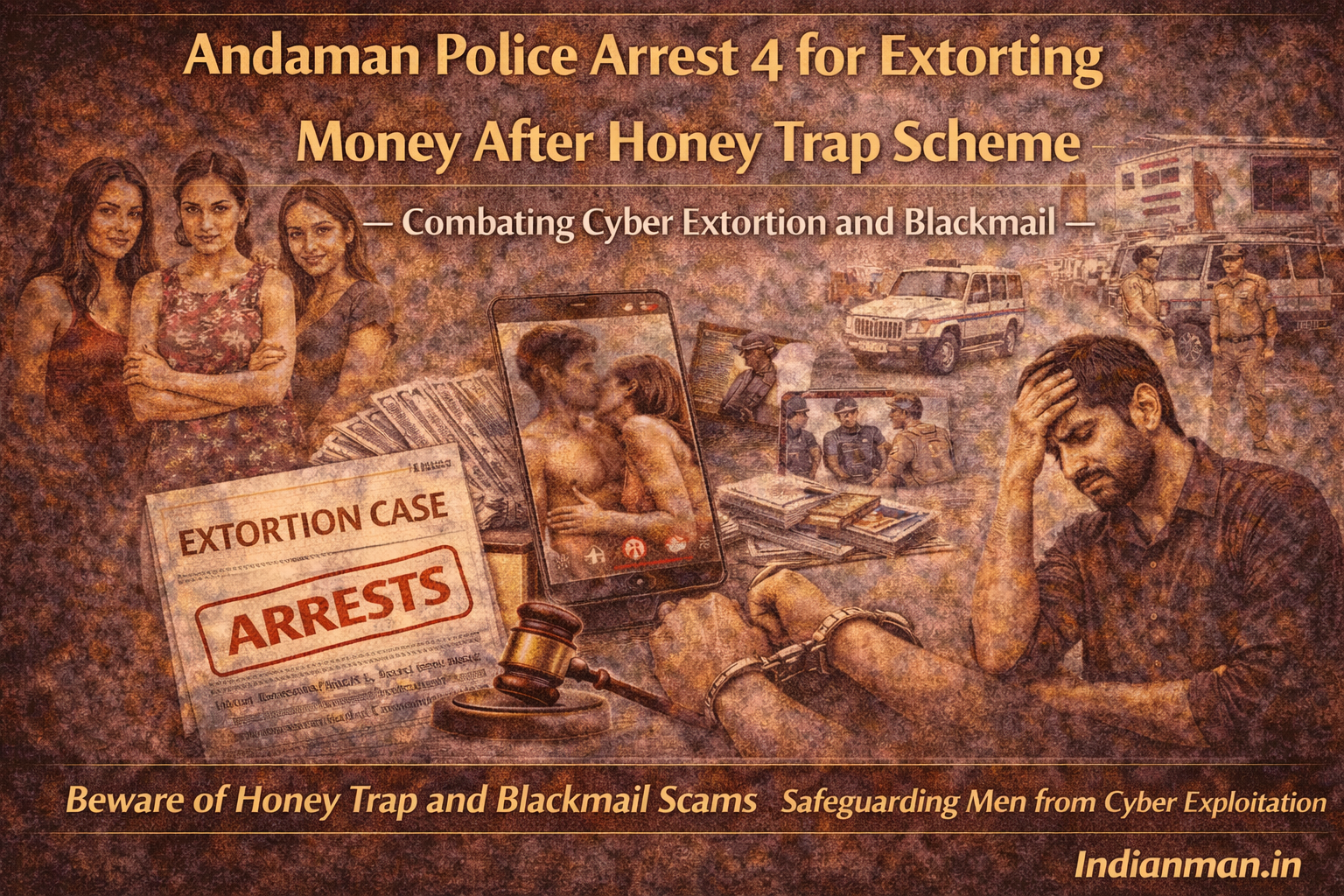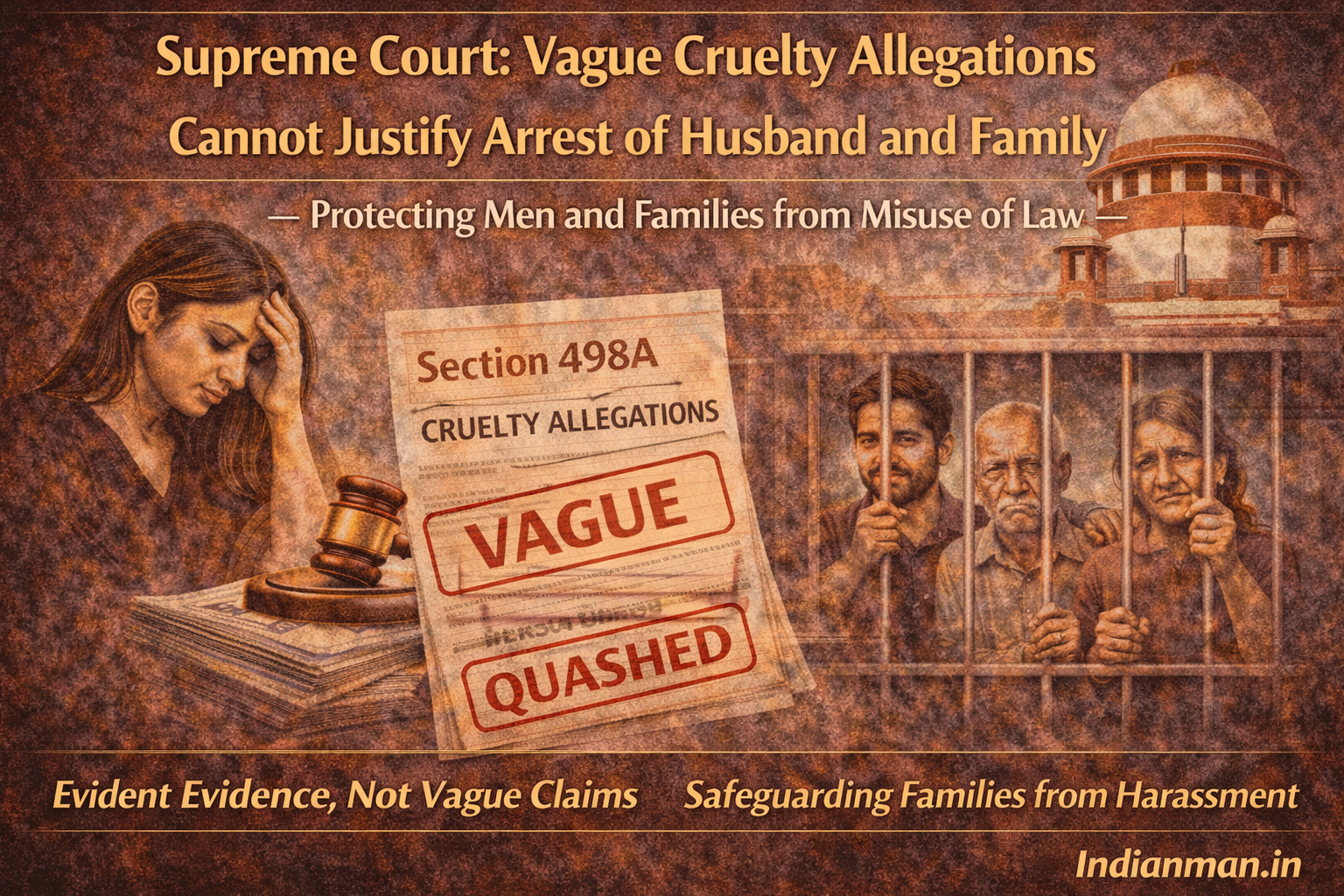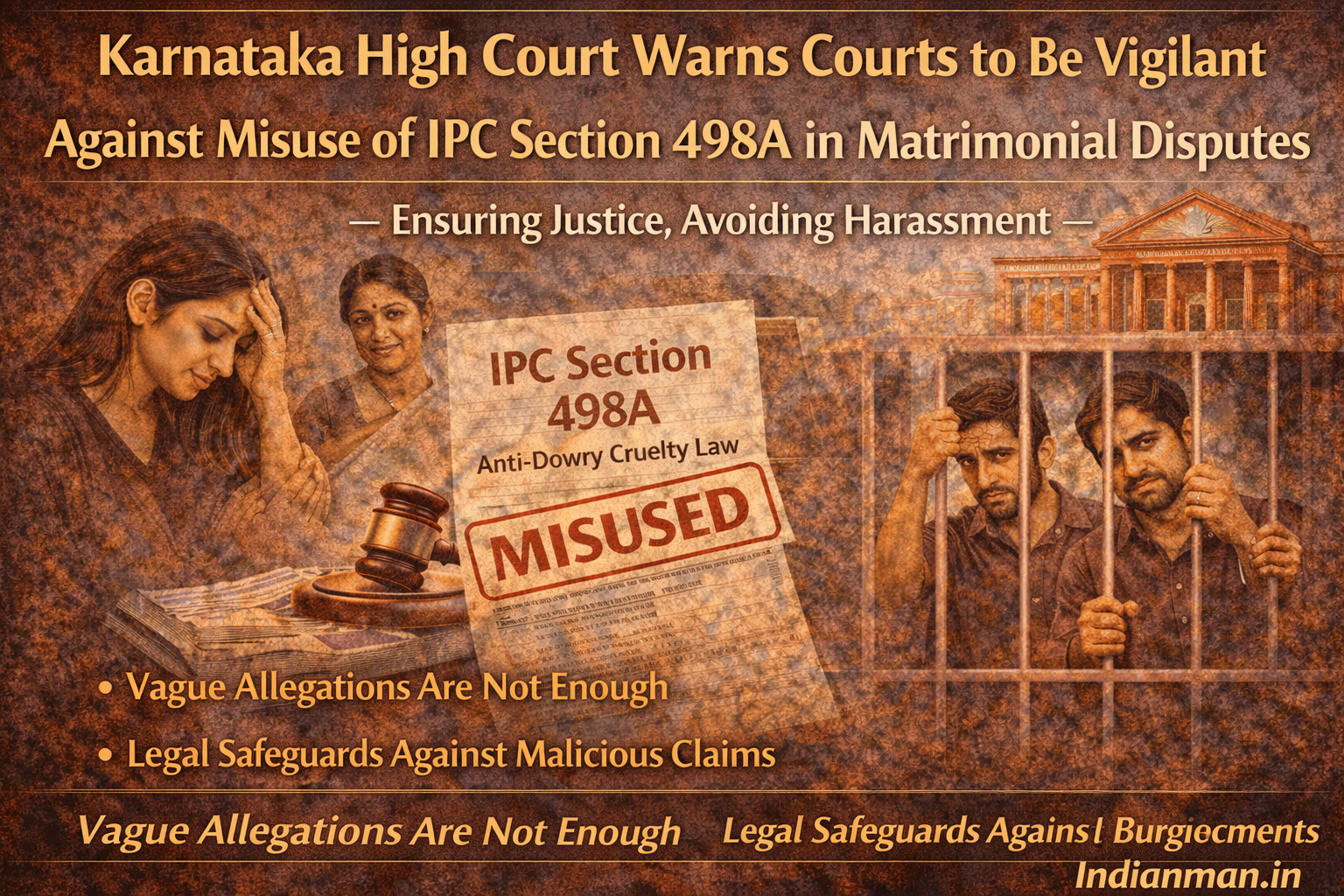The Delhi High Court has granted divorce to a man, ruling that his wife’s behaviour—heavily influenced by her parents—amounted to mental cruelty.
The case came after the husband appealed a family court’s earlier decision that had denied him divorce. The High Court noted that the couple had been living apart for nearly 13 years. During this time, the husband was deprived of conjugal relations and faced multiple complaints filed by his wife, which the court deemed acts of cruelty.
Justice Suresh Kumar Kait, heading the bench, found strong evidence of “unwarranted interference” from the wife’s parents and relatives in the couple’s married life. This interference prevented the wife from building a relationship with her husband and caused him significant mental distress.
The court stressed that the wife failed to break free from her parental influence and did not make any effort to resume her marital relationship. Such prolonged separation, false allegations, and refusal to cohabit were all seen as extreme mental cruelty.
Highlighting the importance of conjugal companionship in marriage, the court stated that forcing the continuation of a “dead relationship” would only increase suffering for both spouses. Filing false complaints against the husband and his family further strengthened the cruelty claim.
Referring to the precedent set in Samar Ghosh v. Jaya Ghosh (2007), the court reaffirmed that denying a spouse conjugal relations for years is a severe form of cruelty. It observed that there was no chance of reconciliation, given the long separation, criminal trials, and complete breakdown of trust and affection.
The bench concluded that the relationship was beyond repair, marked by irreconcilable differences and prolonged litigation. Continuing it would only perpetuate more cruelty.
The court set aside the family court’s 2009 judgment and granted the divorce under Section 13(i)(ia) of the Hindu Marriage Act, 1955, allowing the husband’s appeal.
Case Title: Nikhil Wadhwan v. Priti Wadhawan
Be a part our social media community:
Facebook: https://www.facebook.com/IndianMan.in?mibextid=ZbWKwL
Instagram:
https://www.instagram.com/indianman.in?igsh=MWZ2N3N0ZmpwM3l3cw==




